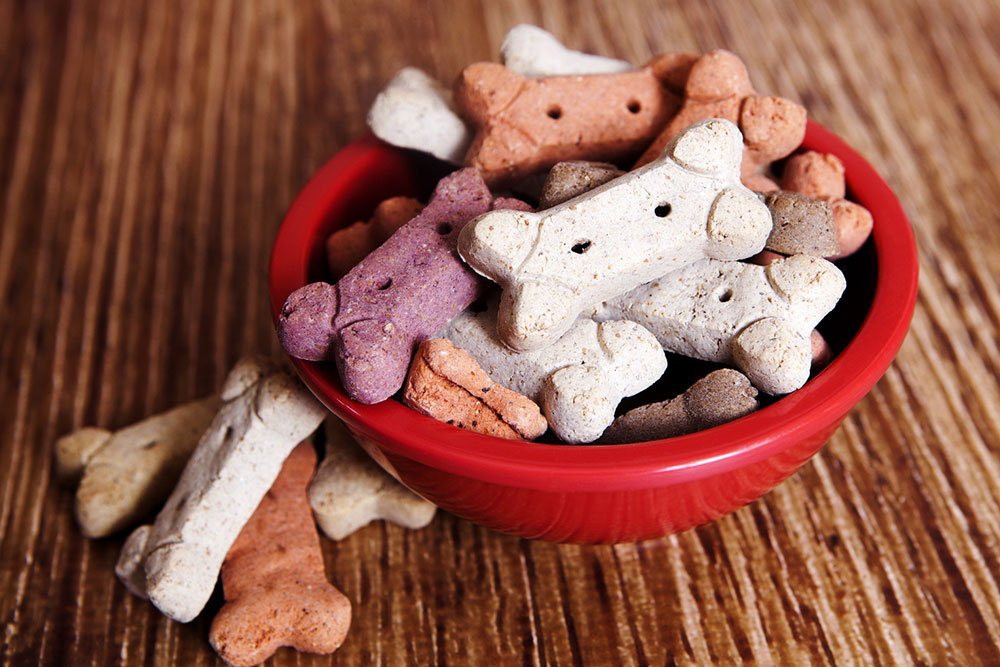Key Tips for Choosing Nutrient-Rich Dog Food
Discover expert advice for choosing healthy, balanced dog food tailored to your pet's needs. Learn about key ingredients, nutritional standards, and avoiding unnecessary fillers to ensure your dog receives optimal nutrition and weight management throughout its life stages.

Essential Guidelines for Picking Healthy and Complete Dog Nutrition
Ensuring your dog's optimal health starts with selecting the right diet. With many products claiming to be organic or nutritious, distinguishing genuine quality can be tricky. Some foods contain hidden ingredients harmful to dogs. To make well-informed decisions, it's crucial to understand what makes a dog food nutritious. Here are important tips to help you choose the most nourishing options for your furry companion.
Choose high-quality animal protein
High-grade proteins support muscle growth, skin renewal, a healthy coat, and hormone function. Look for ingredients like beef, chicken, fish, lamb, rabbit, or venison. Some brands include eggs as additional protein sources, which are beneficial. Always verify the meat source on the label; generic "meat" labels lack transparency.
Include vegetables for immune support
Vegetables such as sweet potatoes, peas, green beans, spinach, broccoli, and zucchini bolster your dog’s immune defenses. Fruits like blueberries, apples, watermelons, and pineapples provide antioxidants for overall wellness. Incorporating these ensures a balanced nutrient intake.
Grain-inclusive or grain-free?
While grains are not inherently harmful, some dogs develop sensitivities or allergies, manifesting as itching, licking, vomiting, or diarrhea. For these pups, grain-free formulas can be advantageous. Consult your vet if allergy symptoms emerge to identify the right diet.
Check the full ingredients list
Look beyond ingredients; ensure the food has an AAFCO statement like "complete and balanced" or "for all life stages." This guarantees the product meets canine nutritional standards.
Avoid artificial additives and fillers
Steer clear of preservatives like BHA, BHT, ethoxyquin, or propylene glycol, which could compromise health. Instead, choose foods preserved naturally with vitamin C, E, or herbal extracts like rosemary. Avoid fillers such as corn bran or cereal by-products, which lack nutritional value. Also, prevent artificial coloring, as they can trigger allergies or behavioral issues.
Be mindful of meat by-products
Meat by-products consist of organs like lungs, stomach, or intestines that are less nutritious than standard cuts. While many dogs enjoy them, selecting products with real, whole meat supports better health. Ensure the ingredients align with your pet’s dietary needs.
When selecting dog food, consider your dog’s age, size, and activity level. For example, older dogs may require lower calorie options, whereas active dogs benefit from diets rich in fiber and omega fatty acids. Trusted brands such as Blue Buffalo, Nature’s Variety, Darwin’s Natural Pet, ORIJEN, and Dr. Harvey's provide quality choices for various nutritional needs.


